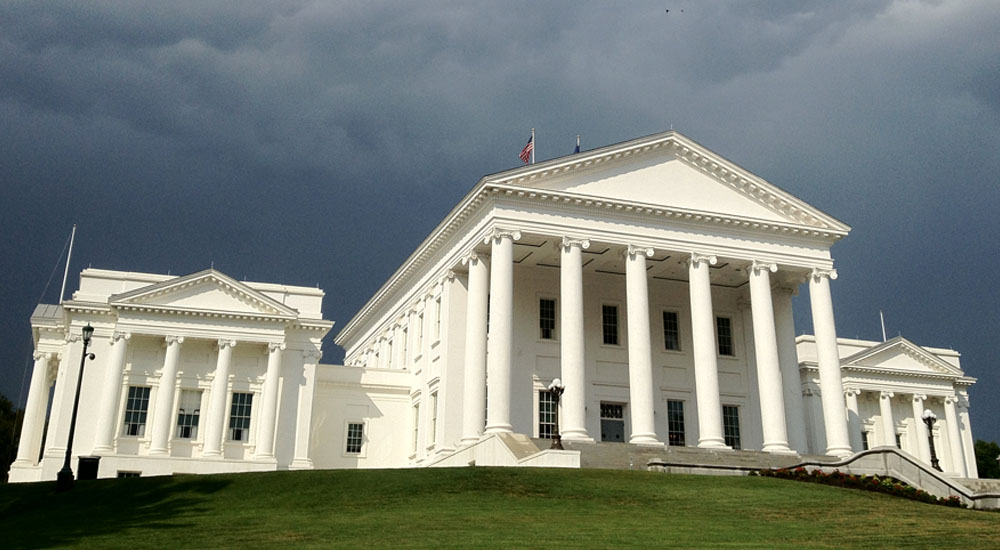On Monday, the Republican-led House of Delegates and Democratic Governor Ralph Northam reached a bipartisan deal, announcing a pilot program in effort to reduce regulations imposed by Virginia’s government. According to a press please from the office of Speaker of the House Kirk Cox (R-Colonial Heights), “the compromise marks a stark difference between Washington and Richmond…leaders in Richmond identify problems and work together to achieve a bipartisan solution.” The regulatory reform mirrors what the Trump Administration has sought in Washington to slash burdensome regulations before crafting new ones.
House Bill 883, introduced by Delegate Michael Webert (R-Fauquier) will allow the Virginia legislature to reduce regulations by 25 percent over the next three years. The bill provides an avenue for the Department of Planning and Budget to establish an initial regulation baseline budget consisting of the total number of regulations enforced by executive branch state agencies. “Between October 1, 2018, and July 1, 2021, no new regulation may be approved by the Department unless the proposing agency also submits two or more of its current regulations to be replaced or repealed,” according to the bill.
“Promoting the health, safety, and prosperity of Virginians is the chief mission of our state agencies, and regulations can be a helpful tool in that mission,” Northam said in statement reported by the Richmond Times-Dispatch. “However, we have a responsibility to constantly evaluate every regulatory requirement and policy to ensure that it is doing its job in the least restrictive way possible,” the governor added.
In addition to the cutting of state regulations, a substitute bill will be filed this week that will remove the “two-for-one requirement” similar to the federal regulatory reform the Trump Administration is undertaking. “We know that red tape hinders entrepreneurs, innovators, and small and large businesses alike from creating more of the good paying jobs that our people need,” Speaker Cox said in the report.
Although it is unclear which regulations will be removed under the bipartisan regulatory reform deal, both Republicans and Democrats are filing bills for industry-specific cuts. The main use will be to amend the Department of Professional and Occupational Licensing, which oversees the regulatory requirements of cosmetologists, landscapers, architects, and many more industries.
One of the industries that will benefit from the cutting of specific regulations, including the removal of licensing requirements, is hair braiding. “This one hits a little bit close to home,” said Delegate Nick Freitas (R-Culpeper) on the House floor. Referring to a story with his daughter present, “When her friend provided her with a beautiful hair braid, she decided to compensate her with a dollar,” Freitas said. “And that is when her descent into crime began.”
The House decided to delve deeper into the cosmetology world by passing a bill to specify that hair salon workers who only clean, style, or blow dry hair are not required to be licensed by the state. House Bill 790, introduced by Delegate Mark Keam (D-Vienna) also specifies that shampooing is no longer defined as one of the more sensitive chemical treatments that require extra government oversight.
“We don’t need to be regulating shampoos,” said Delegate Keam. “I don’t know about you, but I don’t want big government in my hair,” he added.
House Republicans are also aiming for a constitutional amendment to endow the General Assembly with a greater power than the Executive Branch to override regulations from state agencies. Although the regulatory reform amendment was approved during last year’s session, if passed again, Virginians will be able to vote on it as a referendum in November.

